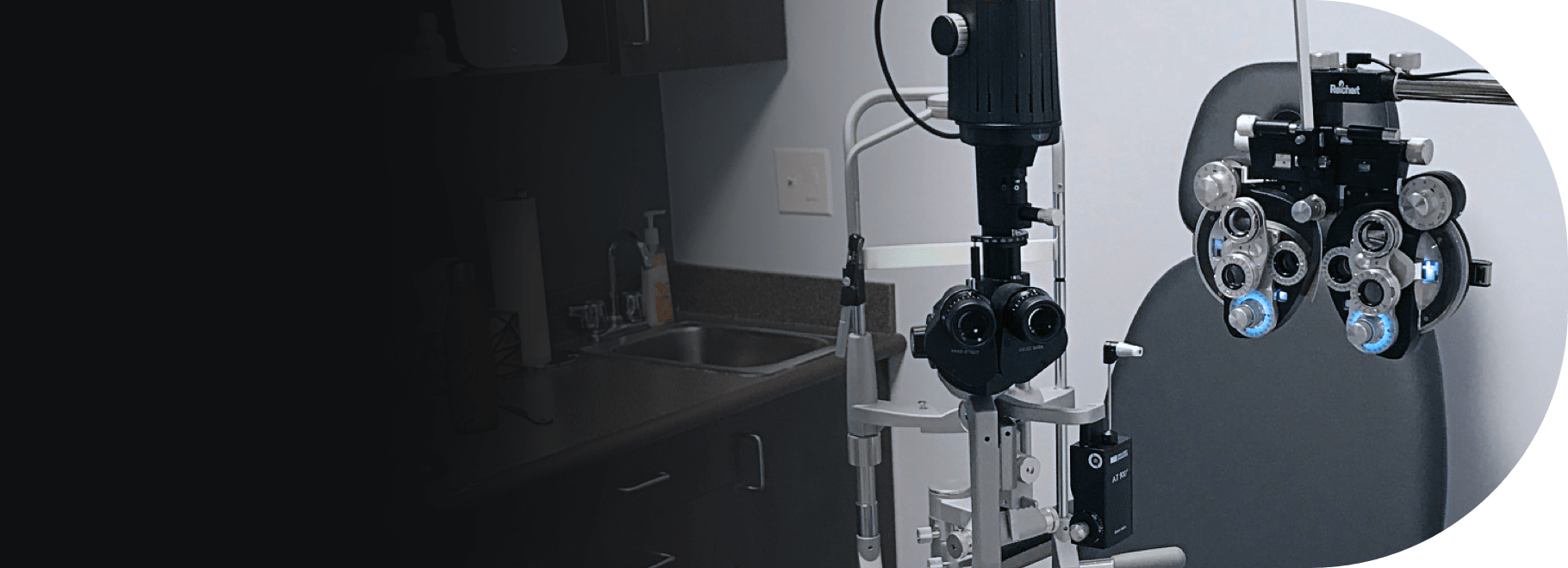Here’s what not to do after eye dilation:
Drive
Look at bright lights
Engage in close-up work
Forget your eye protection
Touch or rub your eyes
Intense physical activity
Make important visual decisions
[…]
What Not to Do After Eye Dilation?
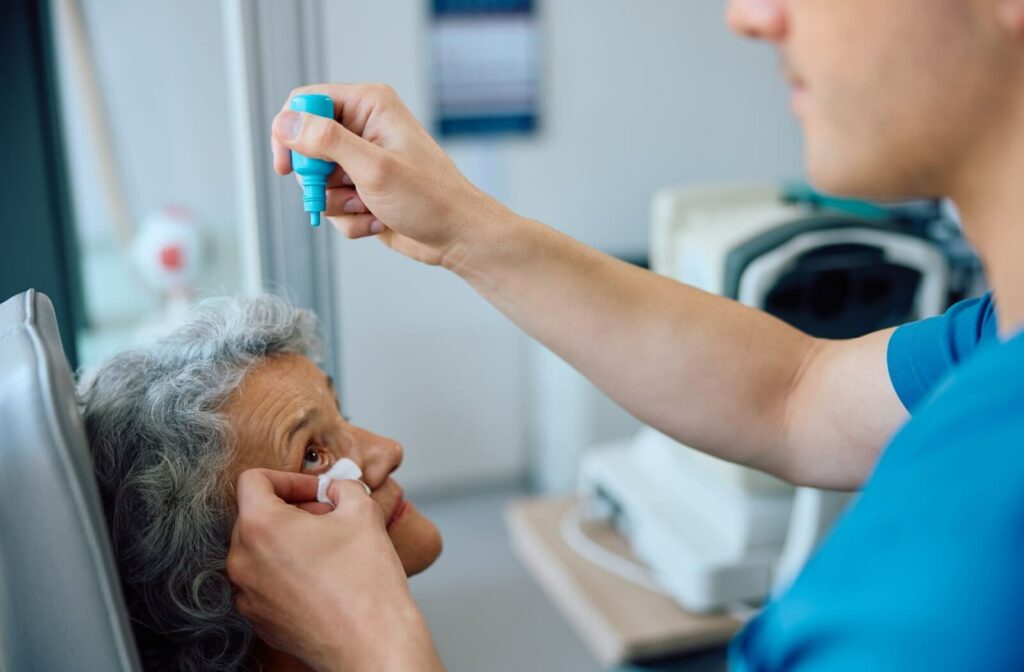


Here’s what not to do after eye dilation:
Drive
Look at bright lights
Engage in close-up work
Forget your eye protection
Touch or rub your eyes
Intense physical activity
Make important visual decisions
[…]
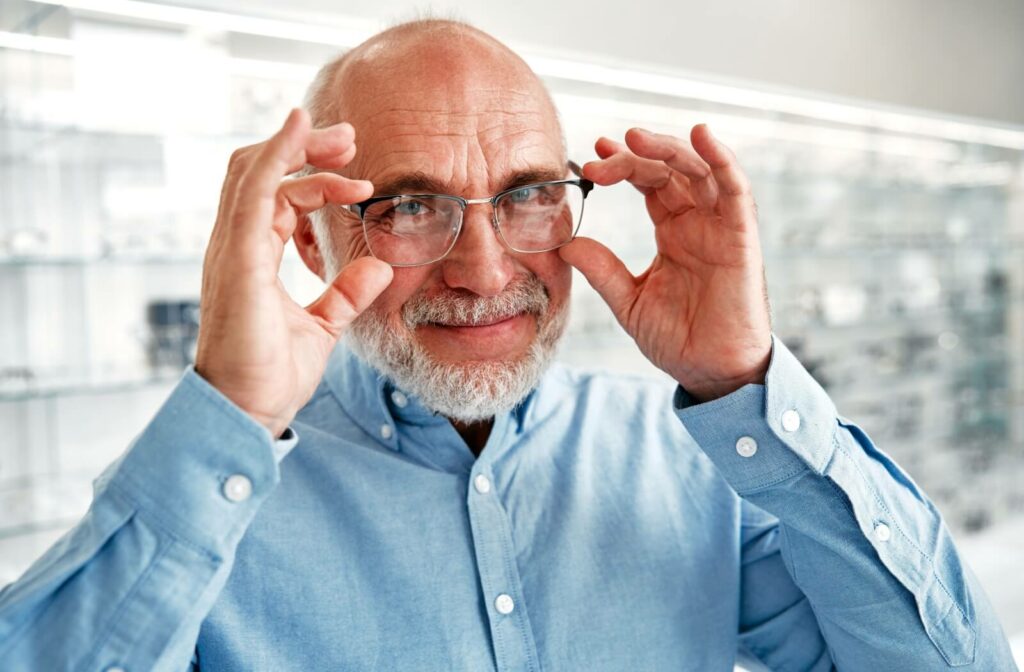
Myopia and hyperopia are refractive errors (eye conditions) that affect visual clarity. Although both cause blurry vision, there are several key differences between them:
An eye with myopia is too long or its cornea curves steeply, resulting in blurry distance vision while close-up vision remains clear.
Hyperopia causes the eye to shorten or flatten the cornea, resulting in blurry close-up vision while distance vision remains clear.
[…]
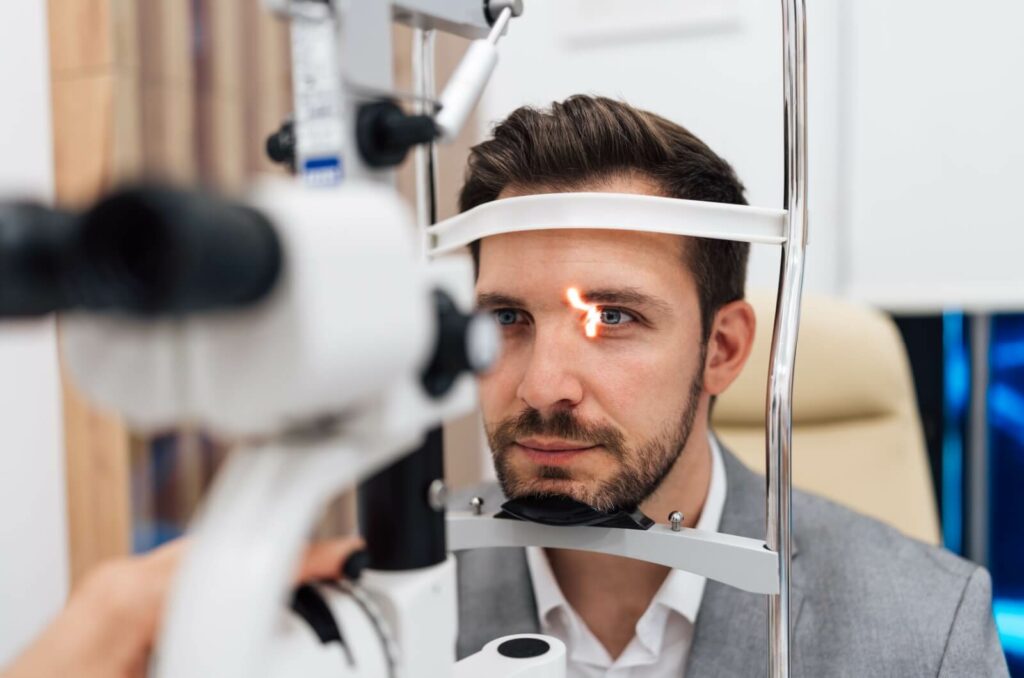
Have you scheduled an eye exam recently and wondered how long it might take? You’re not alone. On average, they usually take around 30 minutes. Whether you’re squeezing in an exam during a lunch break or planning your day around it, understanding the timeline can help you better prepare and ease any anxiety and help you plan for your eye health. […]
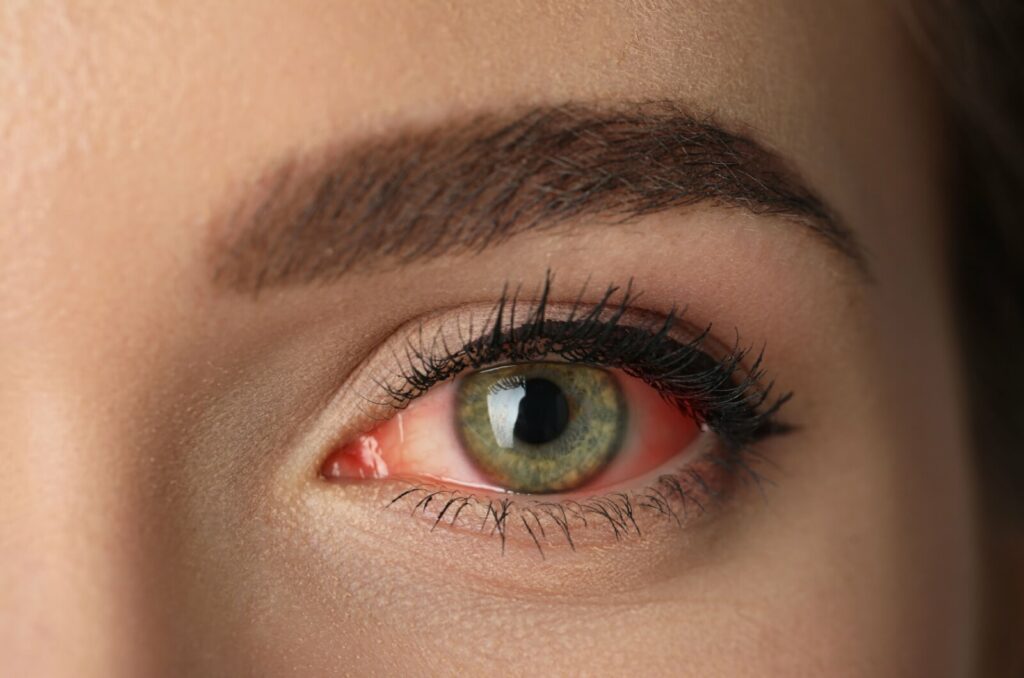
Many rush to the conclusion that it’s pink eye or conjunctivitis when their eyes get red or itchy. But is it really? A few other conditions commonly misdiagnosed as pink eye include […]
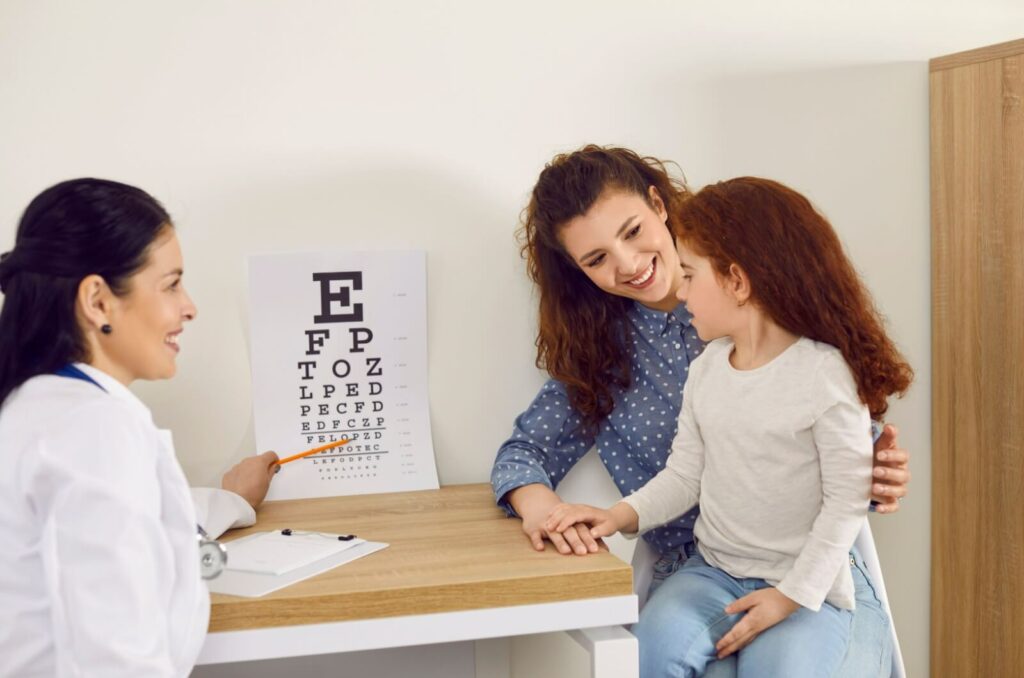
Vision issues can affect individuals of any age, but nearsightedness, or myopia, is a prevalent refractive error that typically starts in childhood and may progress over time.
Though often corrected with glasses or contact lenses, myopia can heighten the risk of certain eye conditions and diseases later in life. […]
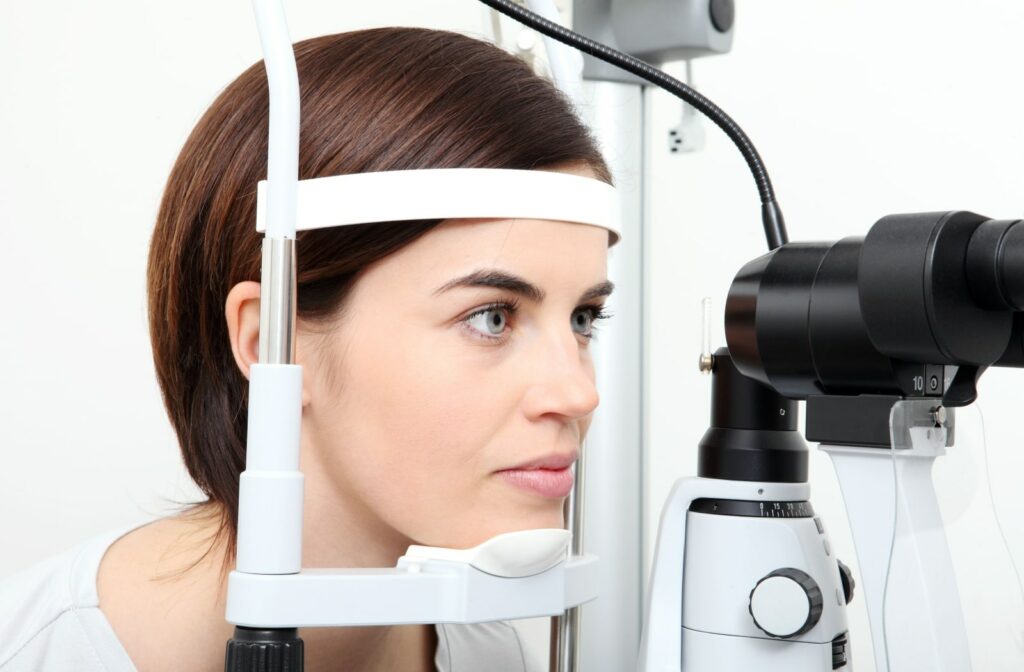
It is recommended that people between the ages of 18 and 64 have eye exams once every 2 years and as recommended when they are over 65. […]
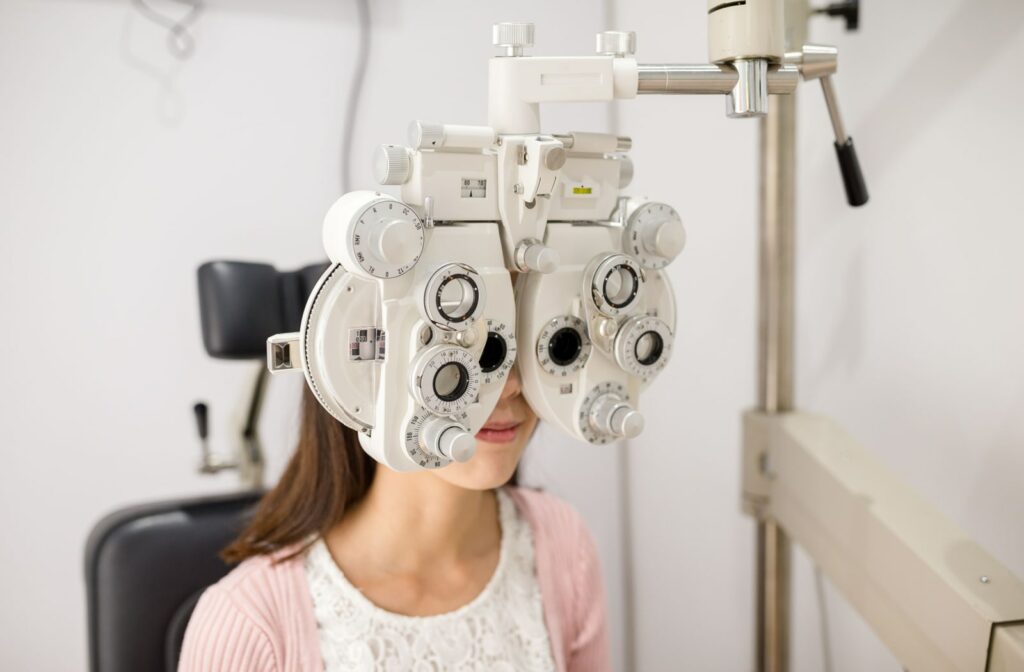
During a comprehensive eye exam, your optometrist performs a series of tests to help determine your prescription and uncover any ocular health issues. […]
